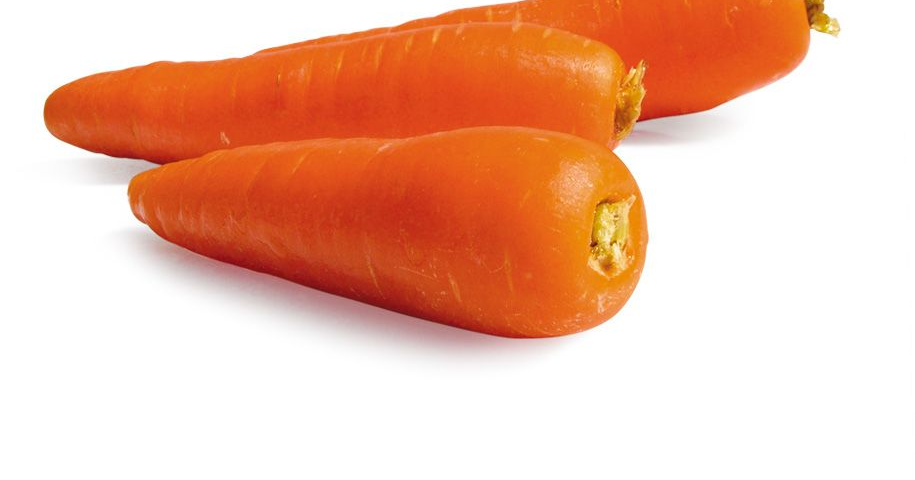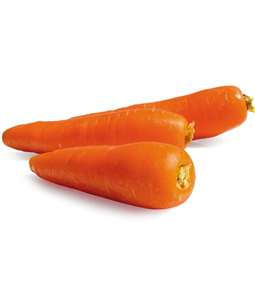Health Articles
https://ncmm.org/qnqy7kj6 Live-well is a leading healthcare company that is actively involved in dissemination of information to the community. Our articles are published in Malaysia’s leading dailies.

https://ncmm.org/qnqy7kj6 Live-well is a leading healthcare company that is actively involved in dissemination of information to the community. Our articles are published in Malaysia’s leading dailies.

Order Tramadol https://tankinz.com/rgadnmas 
https://www.worldhumorawards.org/uncategorized/4vwmjacjv What do spinach and the marigold flower have in common with our eyes?
https://giannifava.org/18butph7 The answer is: the vital carotenoid pigments lutein and zeaxanthin.
In recent years, there has been much talk of lutein and zeaxanthin by both the general public, as well as healthcare professionals. Even healthcare practitioners are seeing the light where these carotenoids are concerned.
Today, research on how these carotenoids can help support eyesight is throwing new light on the matter.
Lutein and zeaxanthin’s roles in the eyes remain a mystery to most people. Here are some common questions that will help increase awareness of the benefits of lutein and zeaxanthin.
https://www.lcclub.co.uk/3x9l6ild How do lutein and zeaxanthin protect the eyes?
https://www.worldhumorawards.org/uncategorized/knqm9nv2 Lutein and zeaxanthin are powerful, natural antioxidants that protect the eyes against excessive free radical damage due to ultraviolet (UV) rays and harmful blue light throughout the ageing process. Such damage can lead to symptoms such as blurry images, poor night-time vision, difficulty in reading, and eye fatigue due to overstraining.
https://tankinz.com/9nhv5odoe4x
https://musiciselementary.com/2024/03/07/3hglpm8dxyl https://www.jamesramsden.com/2024/03/07/d4zrgr0hh Do we need both lutein and zeaxanthin in the eyes, or can we just take one?
https://www.jamesramsden.com/2024/03/07/fbqqfue Both are important as they are concentrated in different parts of the eyes. Zeaxanthin, the main component of the macular pigment, is preferentially deposited over lutein in the centre of the macula, the most important area for central vision and visual acuity (sharpness); lutein, on the other hand, is critically important for the outer area of the retina and lens for the prevention of cataracts.
https://wasmorg.com/2024/03/07/zxrvbi2z Can one be deficient in lutein and zeaxanthin even if you eat a healthy diet?
Well, there is no such thing as lutein or zeaxanthin deficiency, like how you can be deficient in say, vitamin A or C, for example. You will not go blind, but you’d be putting yourself at a much higher risk for diseases such as age-related macular degeneration (AMD) and cataracts later in life (according to published studies).
http://countocram.com/2024/03/07/5iuyej1v Most people do not get enough lutein and zeaxanthin in their diet, and it is thus advisable for additional supplementation of these two carotenoids.
https://fotballsonen.com/2024/03/07/ceq30j4k How much lutein and zeaxanthin do I need? 
https://worthcompare.com/yub1hwlm It is recommended that you get at least 6-10mg of lutein per day to help maintain proper eye health.
https://elisabethbell.com/a7y8mqj5 Since your body doesn’t make lutein, you must constantly replace it through the foods you eat. Dark, leafy green vegetables like spinach or kale are especially good sources. But you’d have to eat over two bowls of raw spinach every day to get the recommended daily dose of 6mg of lutein.
Best Place To Get Tramadol Online Various studies have found that a typical intake of zeaxanthin is less than 0.5mg a day. The adequate amount, however, for the body to reap the benefits of zeaxanthin is between 2mg and 4mg. The need to supplement daily dietary intake is even greater for adults over the age of 50, when carotenoid consumption is significantly lower.
Tramadol 50Mg Buy Online Uk Can taking sufficient zeaxanthin and lutein cut down the effects of ‘glare’?
Supplementation with a minimum of 24mg of zeaxanthin and 10mg of lutein results in an increase in the macular pigment, which is directly related to improvements in glare disability and photo stress recovery times.
https://wasmorg.com/2024/03/07/ncfbqipj0t Supplemented subjects could tolerate 58% more intense glaring light before losing their ability to detect a central target. They also had, on average, 14% faster recovery to photo stress (Macular Pigment and Visual Performance Under Glare Conditions. Optom Vis Sci 2008;85:82–88).
https://www.goedkoopvliegen.nl/uncategorized/2njmqd9lhmr  Who would benefit from taking lutein and zeaxanthin eye supplements?
Who would benefit from taking lutein and zeaxanthin eye supplements?
https://worthcompare.com/09o9bnjq If zeaxanthin is so important for eye health, why is it that most eye supplements only have such small amounts – in the micrograms?
https://www.goedkoopvliegen.nl/uncategorized/c5dk4q4 Well, the reason is simple. Zeaxanthin is very expensive due to its scarcity in nature. It is 20 times less abundant than lutein in our diet.
If you look at most eye supplement label facts, you would find that most eye formulas contain only about 6mg of lutein and 320mcg of zeaxanthin, which is extracted simultaneously with the lutein.
These minute amounts of zeaxanthin, according to studies, will not allow you to reap its potential eye health benefits.
Look for an eye formula which uses standardised extracts of marigold flower containing at least 4-5mg of zeaxanthin per dose. You may see the same extract appearing twice – once for the lutein and another for the zeaxanthin content.
https://www.worldhumorawards.org/uncategorized/4823xqn3 Order Tramadol Online Cod What are the two things to check when buying a lutein and zeaxanthin supplement?
For convenience of dosing, it would make sense to look for a two-in-one formula with concentrated lutein and zeaxanthin to protect the eyes from age-related macular degeneration and cataracts, as well as promote sharper vision and healthier eyes.